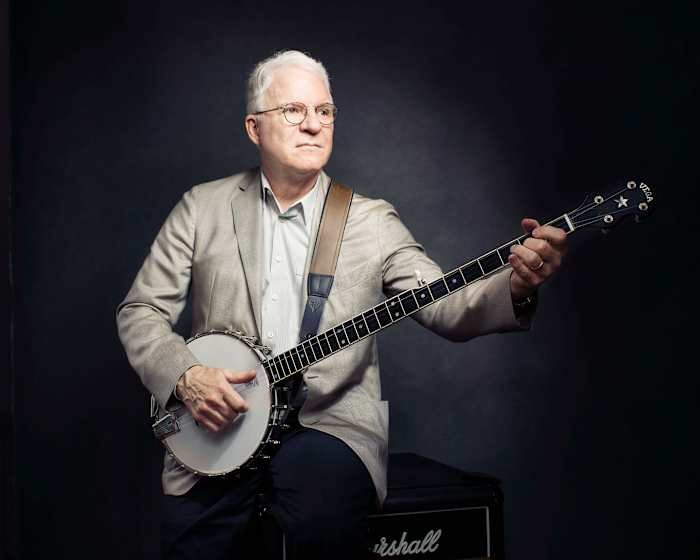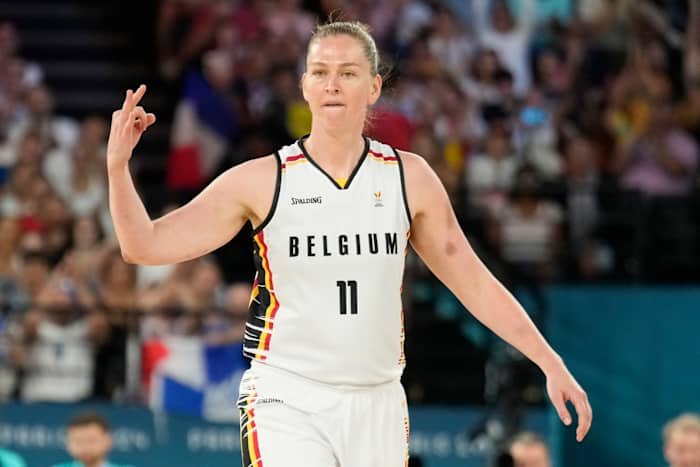Orlando, FL — In a move that has sent shockwaves through international aid communities and immigrant circles alike, the United States announced it will reduce its annual health aid to Zambia by $50 million. The decision comes in response to what American officials describe as the “systematic” theft of medicines and medical products funded by US taxpayers. The repercussions of this aid cut are not only being felt in southern Africa, but also resonate with Zambian-Americans and Orlando’s international community invested in global health and development.
The Incident: Medicine Theft Triggers Aid Cut
The heart of the controversy lies in the discovery that significant quantities of medicines and medical supplies, purchased with US assistance, were stolen and sold illegally. US Ambassador to Zambia, Michael Gonzales, cited “systematic pilfering” and a lack of accountability as the main reasons for the drastic decision. According to the US Embassy in Lusaka, repeated warnings and efforts to address the problem went unheeded by Zambian authorities, leading to the suspension of key health programs.
This $50 million annual aid package has for years played a vital role in Zambia’s fight against diseases such as HIV/AIDS, malaria, and tuberculosis, supplying life-saving drugs to thousands. The theft not only undermines these efforts but raises serious concerns about the safety and efficacy of the country’s healthcare system.
Impact on Zambian Healthcare and Vulnerable Populations
The reduction in funding is expected to have immediate and severe consequences for Zambia’s most vulnerable populations. Many clinics and hospitals rely almost entirely on international assistance to stock essential medicines. With this aid now in jeopardy, there are fears of drug shortages, disrupted treatment for chronic illnesses, and potential outbreaks of preventable diseases.
Non-governmental organizations and aid workers warn that children, pregnant women, and those living with HIV/AIDS will be hardest hit. The Zambian government, while acknowledging the crisis, has promised to investigate the thefts and shore up security in the health supply chain. However, rebuilding trust with the US and other donors may take years, and in the meantime, millions could be left without critical care.
Orlando’s Connection: The Local Impact of Global Aid Cuts
While Zambia might seem a world away, the effects of this aid reduction are felt right here in Orlando. The city is home to a vibrant African diaspora, including many Zambian immigrants who send money and resources back to their families. Local organizations, churches, and universities have long-standing partnerships with Zambian health institutions, and many Orlando residents participate in medical missions, fundraising, and advocacy for global health issues.
Orlando’s medical community, including students and faculty at major institutions such as UCF College of Medicine, often collaborate with global health organizations. These partnerships are now under threat as funding uncertainty makes it harder to plan and sustain projects. Moreover, Zambian-Americans in Orlando are grappling with anxiety about the well-being of loved ones back home and are calling for renewed efforts to ensure aid reaches those who need it most.
US Policy and Accountability in Foreign Aid
This incident underscores the challenges faced by the US and other donors in ensuring aid is used effectively and transparently. With billions of dollars sent abroad every year, accountability is paramount. The US government has emphasized that taxpayer money must not be wasted or diverted, especially when it comes to life-saving health interventions.
In response, US officials are reviewing all current and future health programs in Zambia. They are also pushing for stricter monitoring and evaluation processes, not just in Zambia but across all aid-receiving countries. Some experts argue that more engagement with civil society and local watchdogs could help prevent similar crises in the future.
For Orlando’s globally-minded residents, this situation is a stark reminder of the interconnectedness of today’s world. Local actions, advocacy, and awareness can play a role in holding international partners accountable and supporting reforms that make aid more effective.
What Comes Next for Zambia and Orlando?
As Zambia works to restore its relationship with the US and other donors, the path forward is uncertain. The immediate priority is to address the theft, prosecute those responsible, and rebuild confidence in the country’s healthcare system. International partners, including those in Orlando, are watching closely and considering how best to support the people of Zambia during this difficult transition.
For Orlando residents, this is also a moment to reflect on the importance of global citizenship. Whether through supporting reputable charities, participating in advocacy efforts, or staying informed about international issues, every action counts. The city’s diverse community demonstrates that what happens across the globe can have personal and profound impacts right here at home.
Conclusion: Join the Conversation
The US decision to cut health aid to Zambia is a complex issue with far-reaching consequences, both abroad and in our Orlando community. How should foreign aid be monitored to prevent misuse? What role can local communities play in supporting global health? We want to hear from you — share your thoughts, experiences, or questions in the comments below. Let’s keep the conversation going and work together for a healthier, more connected world.
















